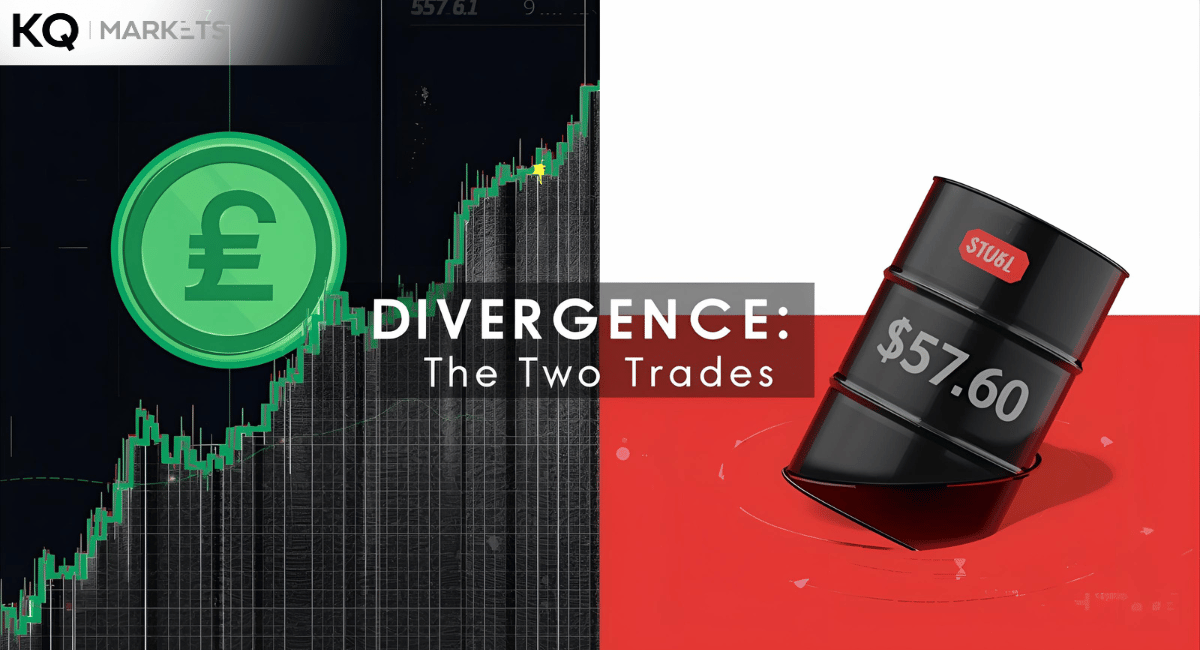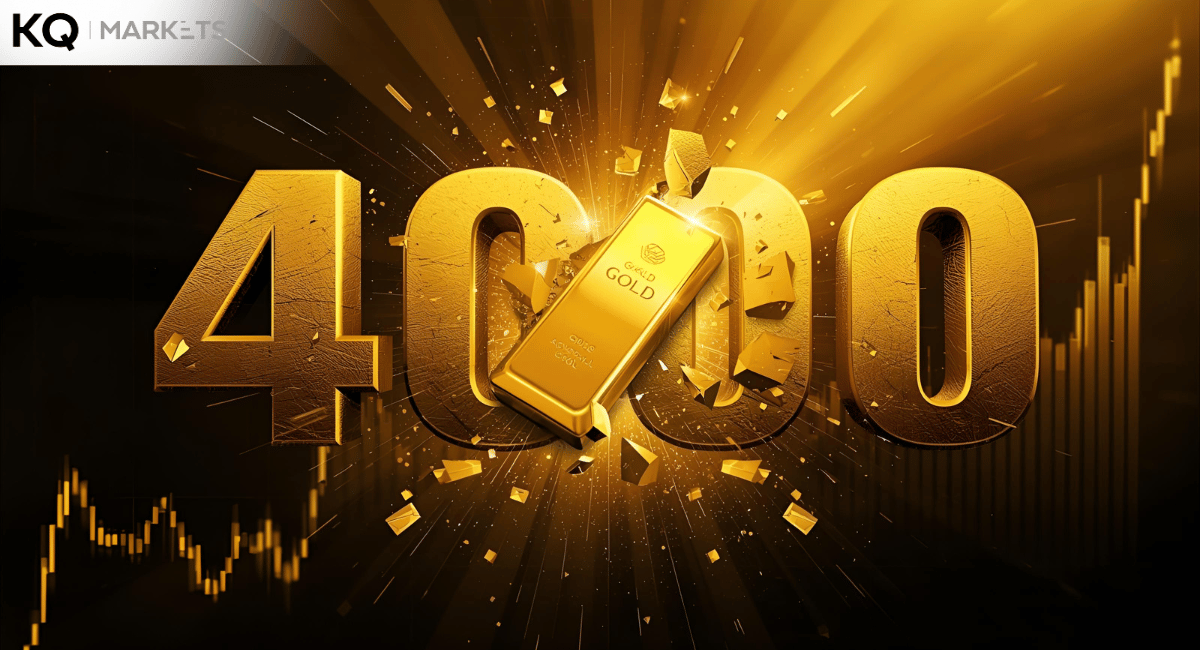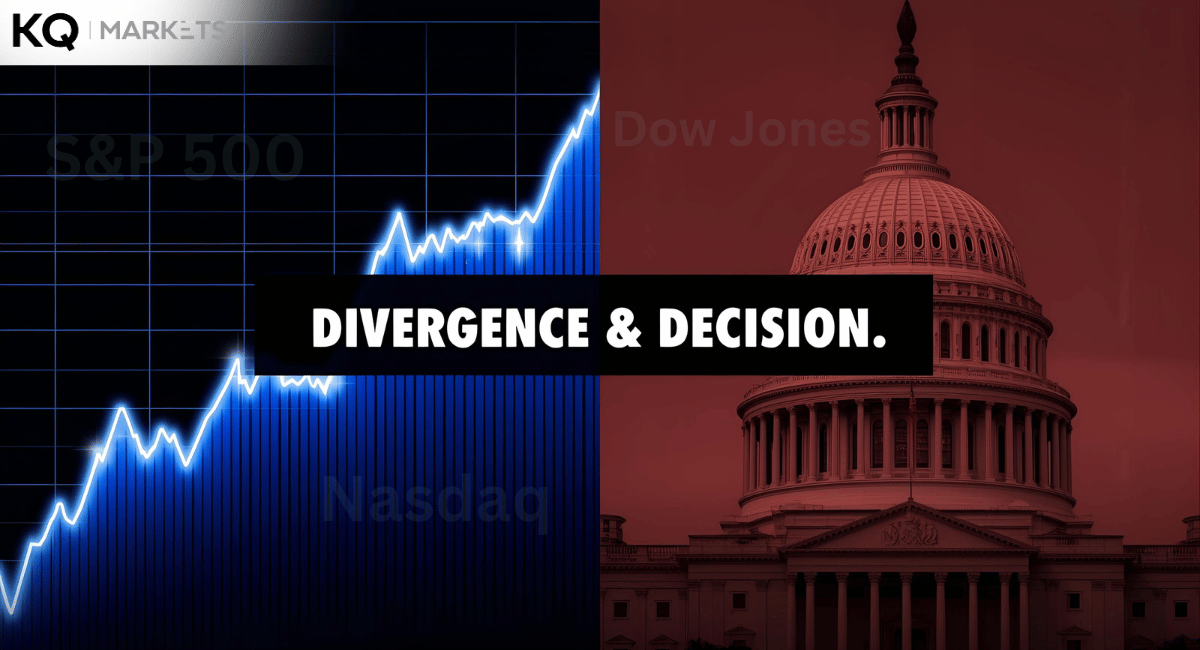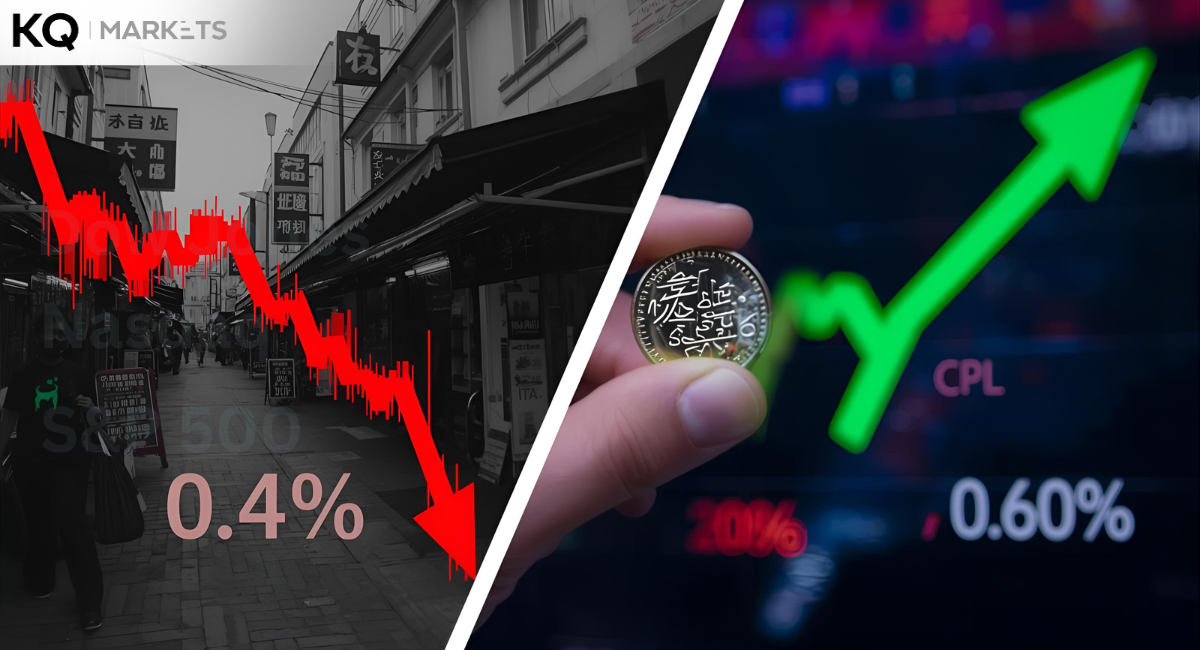G-7 finance ministers have agreed to enact a price cap on oil products from Russia. The meeting occurred on Friday and aimed at slicing Russia's revenues following the Ukraine invasion. The target is to maintain crude flow and evade price spikes by providing key planning details to the public. These five wealthy industrial democracies established commitment through a virtual meeting. They announced that they would later determine the per-barrel level price cap based on technical input costs. Besides, they confirmed their joint political objective to conclude and enact a comprehensive services prohibition in Russia.
The service prohibition will oversee the transportation of Russia’s petroleum and crude oil products. Generally, the maritime transportation services provision includes finance and insurance. It will only allow access if the oil cargoes from Russia are at the price level that the G-7 broad coalition will enact. The ministers will finalize the details of the provision through domestic processes that aim to align with the EU sanctions that ban Russian oil exports to the European region starting in December.
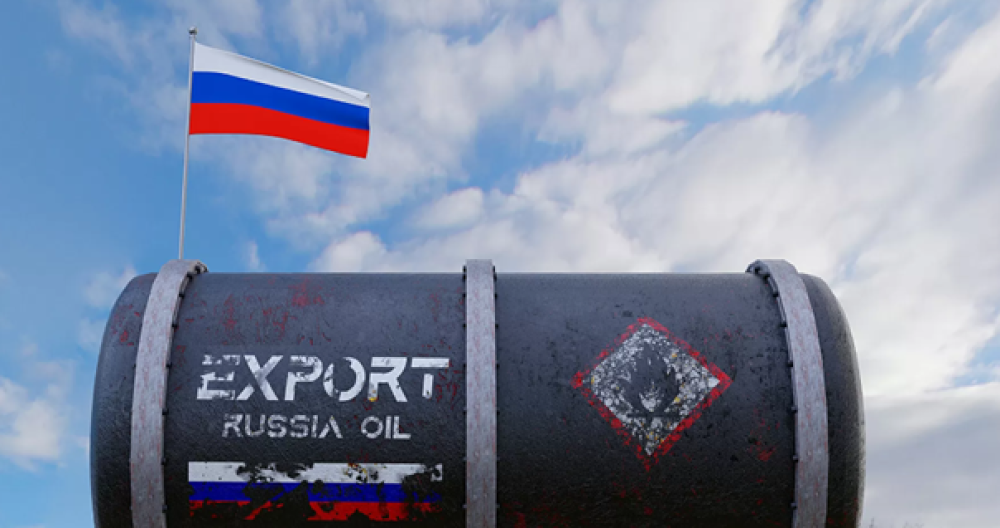
The countries seek to enact a broader coalition comprising oil importing nations to buy Russian petroleum and crude oil products at the price cap and proceed with the plan input. Nonetheless, some G-7 finance ministers are concerned that the price cap might be unsuccessful without significant importers' participation like India & China. China & India have sharply raised their Russian crude oil purchases since the beginning of the Ukraine invasion in February. Yet, some finance experts believe India and China are buying Russian oil at lower prices than the price cap G-7s may enact.
The success of the price cap heavily relies on discontinuing finance for cargoes above the price cap and the London-brokered shipping insurance that covers up to 95% of the overall tanker fleet worldwide. Other experts believe that market forces can render the price cap ineffective, and alternatives can help circumvent the cap. The International Energy Agency says Russia’s oil export returns throughout June improved by $700 million since May despite the country’s falling oil export volumes. The explanation is that the Ukraine war has pushed the prices higher.

